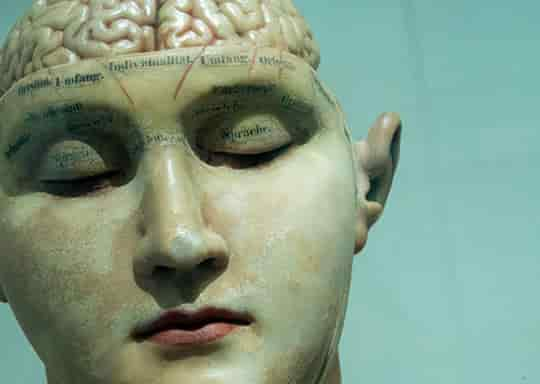Many factors can reduce the risk of developing dementia, such as a healthy lifestyle.
Being calm and mature as an adolescent is linked to a significantly lower risk of dementia decades later, research finds.
However, being neurotic is linked to a higher risk of dementia in later life.
Neuroticism is a personality trait that is strongly linked to anxiety, sadness, irritability and self-consciousness.
Neurotic people experience more social anxiety because social situations can be stressful anyway and the neurotic mind tends to focus on the negative.
A second personality trait linked to an increased risk of dementia is a lack of conscientiousness.
People who lack conscientiousness tend to be inefficient and undisciplined — and they tend not to aim for achievement.
Personality, though, is not destiny, when it comes to dementia — good brain health is about nature and nurture.
Many factors can reduce the risk of developing dementia, such as a healthy lifestyle, including eating properly and getting enough exercise.
Keeping the mind active is also thought to reduce the risk of dementia.
Learning new activities, travel and deepening social relationships may all be beneficial.
The conclusions about personality come from a study including 82,232 high school students who were tracked from 1960 until recently.
They were given personality surveys and tested for any signs of dementia.
The results showed that calm and mature adolescents were significantly less likely to develop dementia over 50 years later.
A global personality factor including calm, maturity, tidiness and social sensitivity was linked to a lower risk of dementia.
The factors found roughly translate to what other studies have found: that high neuroticism and low conscientiousness are linked to dementia risk
The study’s authors write:
“Calm is an indicator of low levels of Big Five neuroticism, many facets of which are pronounced near-term risk factors for dementia in older persons.
Explanations for these associations often involve physiological responses to chronic stress, such as dysregulation of the hypothalamic-pituitary-adrenal axis, leading to ongoing glucocorticoid activity.”
Being mature reflects conscientiousness, the authors explain:
“Maturity reflects task and goal orientation, reliability, and responsibility, features of the Big Five domain of conscientiousness.
Later-life conscientiousness also appears to be protective against dementia.”
The study was published in the JAMA Psychiatry (Chapman et al., 2019).

